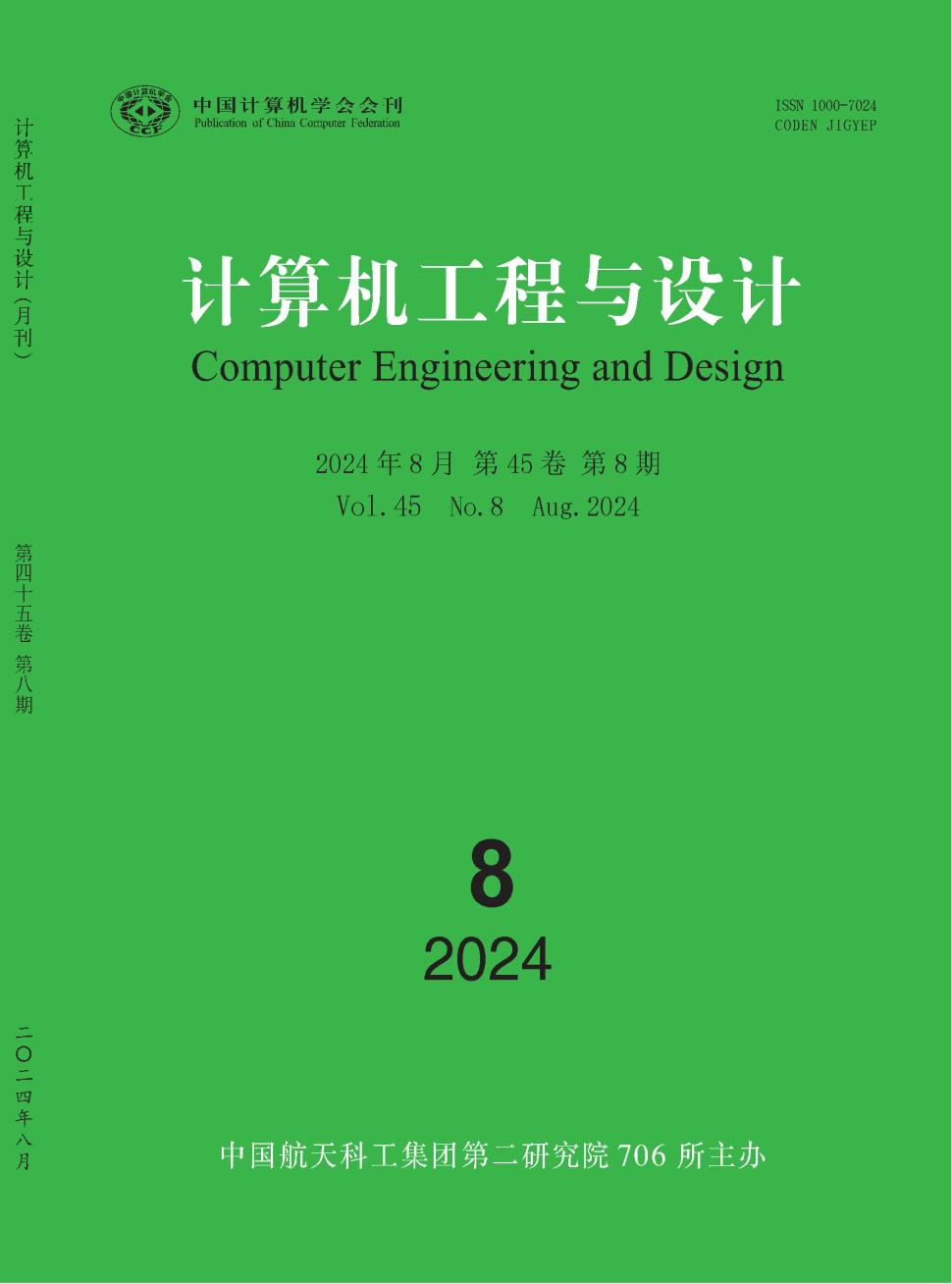建立入学后课程排课问题可行解的数学公式
引用次数: 0
摘要
排课界一直对教育排课感兴趣。特别是在学术界,由于时间表决定了大学的日常运作,因此一直在努力制定高质量的时间表。通常,时间表问题是NP-Hard的,为了生成满足所有涉众的时间表,已经尝试了几种方法。在过去的二十年中,组织了一些时间表竞赛,重点关注教育运作中产生的问题。本文采用了ITC2002和ITC2007这两个关于招生后课程排课问题的竞赛数据。我们提出了一个完整的数学模型,我们用它来构建可行的解决方案,然后探索优化的前景。我们采用一个预处理阶段,试图减少模型的大小,然后使用开源求解器,在合理的时间内为大多数情况生成解决方案。我们还提出了一个简单的逐日分解问题的方法,可以改进最初的可行解决方案。本文章由计算机程序翻译,如有差异,请以英文原文为准。
A mathematical formulation for constructing feasible solutions for the Post Enrollment Course Timetabling Problem
The scheduling community has long been interested in educational timetabling. Particularly in academia, since timetabling dictates the day to day operation of Universities, great effort has been exercised to produce high quality schedules. Typically, timetabling problems are NP-Hard and several approaches have been tried in order to generate schedules that satisfy all stakeholders. A number of timetabling competitions have been organized through the last two decades focusing on problems stemming from educational operations. In this paper we use data from two such competitions, ITC2002 and ITC2007 about the post enrollment course timetabling problem. We propose a mathematical model that captures the problem in its entirety and we use it in order to construct feasible solutions initially, and then explore the prospect of optimization. We employ a pre-process stage that attempts to reduce the size of the model and then use an open source solver, that produces solutions in reasonable time for most of the cases. We also propose a simple decomposition of the problem in a day by day basis that can improve the initial feasible solutions.
求助全文
通过发布文献求助,成功后即可免费获取论文全文。
去求助
来源期刊
自引率
0.00%
发文量
20353
期刊介绍:
Computer Engineering and Design is supervised by China Aerospace Science and Industry Corporation and sponsored by the 706th Institute of the Second Academy of China Aerospace Science and Industry Corporation. It was founded in 1980. The purpose of the journal is to disseminate new technologies and promote academic exchanges. Since its inception, it has adhered to the principle of combining depth and breadth, theory and application, and focused on reporting cutting-edge and hot computer technologies. The journal accepts academic papers with innovative and independent academic insights, including papers on fund projects, award-winning research papers, outstanding papers at academic conferences, doctoral and master's theses, etc.

 求助内容:
求助内容: 应助结果提醒方式:
应助结果提醒方式:


